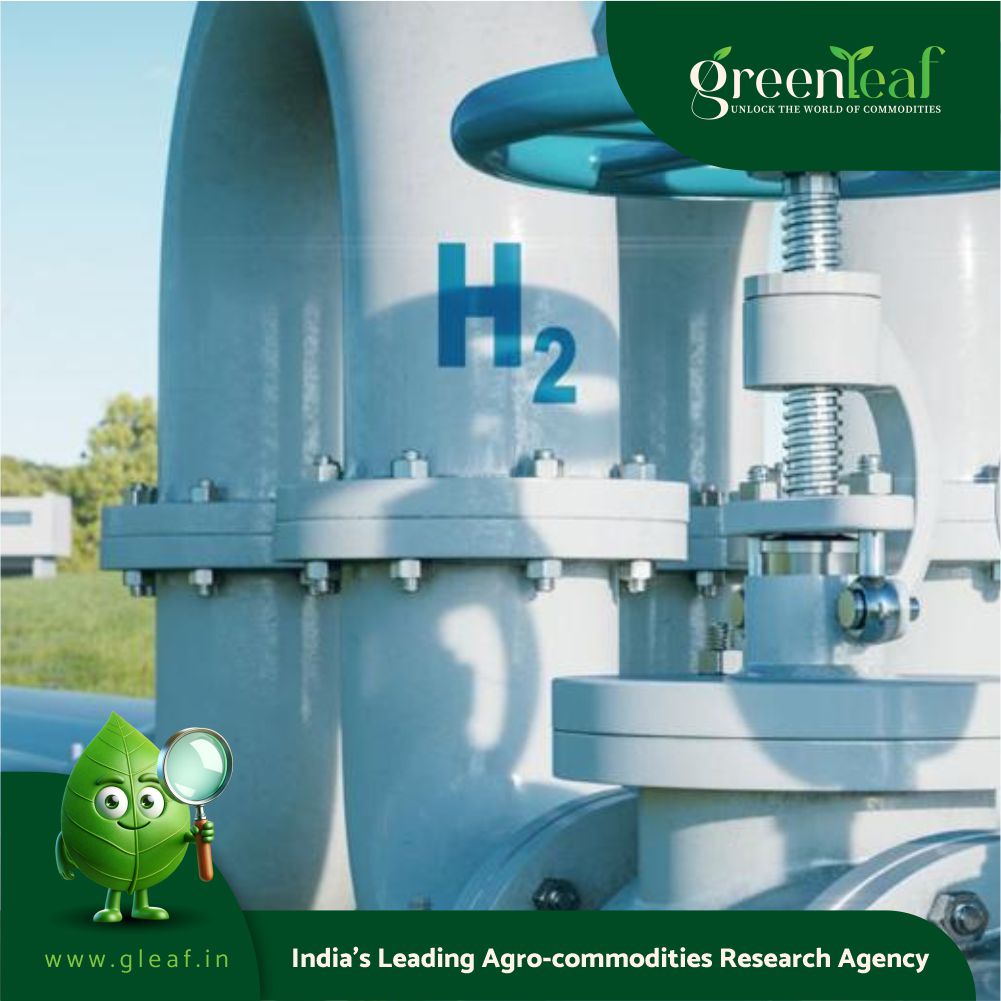NEW DELHI: Road Transport and Highways Minister Nitin Gadkari on Thursday announced the launch of India’s first hydrogen highways, marking a major step toward clean, long-haul transport and reduced crude oil dependence.
Speaking virtually at the World Hydrogen India event hosted by S&P Global Commodity Insights, Gadkari said hydrogen would be “the fuel of the future” as the government begins large-scale truck trials across 10 key freight routes linking industrial hubs, ports and major cities including Delhi, Mumbai, Pune, Ahmedabad, Kochi, Vishakhapatnam and Thiruvananthapuram.
He said a budgetary allocation of Rs 500 crore had been made for five industry consortiums to operate 37 heavy vehicles and set up nine refuelling stations with partners such as Tata Motors, Ashok Leyland, Volvo, BPCL, IOCL, NTPC and Reliance.
"Hydrogen is the fuel of the future. We have now launched the world's first large-scale hydrogen truck trials. A budgetary allocation of Rs 500 crore has been sanctioned to five consortiums across ten routes, with 37 vehicles participating. Industry partners include Tata Motors, Ashok Leyland, Volvo, BPCL, IOCL, NTPC and Reliance. Nine hydrogen refuelling stations will be established to support these trials.
These corridors will serve as India's first hydrogen highways, creating the ecosystem for clean, long-haul mobility," said the transport minister, as quoted by ANI.
Gadkari outlined plans to produce 5 million tonnes of green hydrogen annually by 2030, a move aimed at creating around 6 lakh jobs and attracting Rs 8 lakh crore in investments. This transition, he said, would cut India’s crude import bill—now 87 per cent of demand at a cost of Rs 22 lakh crore a year—by Rs 1 lakh crore annually and lower carbon emissions by 3.6 gigatons by 2050, “comparable to planting more than 1,000 crore trees.”
"India will be a manufacturer, an innovator, and an exporter. We will convert agriculture into energy, secure our fuel supplies, create jobs, and cut emissions all at once. This is India's moment to lead in clean fuels,” he said.
Former NITI Aayog CEO Amitabh Kant stressed that green hydrogen is central to India’s ambition of becoming a USD 30 trillion economy by 2047, calling it “not just an energy story, but one about jobs, exports, manufacturing, competitiveness and climate leadership.” He said only green hydrogen can decarbonise hard-to-abate sectors such as cement, shipping, aviation and long-haul transport.
Highlighting India’s advantages of low-cost renewables, a clear policy framework, a strong industrial base and export prospects to Japan and Europe, Kant urged action on domestic electrolyser manufacturing, intergovernmental agreements, skill development and robust regulations to make India “the global hydrogen centre.”















